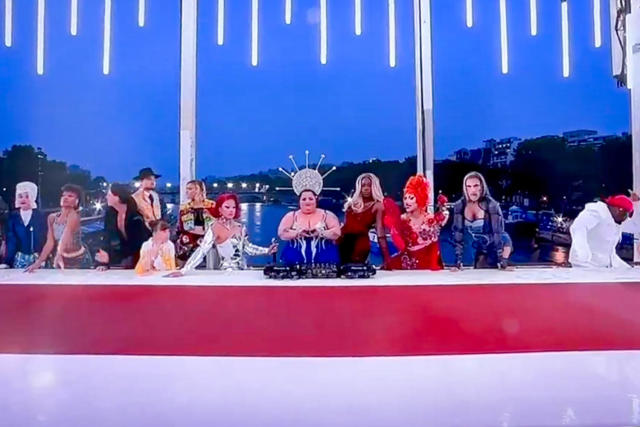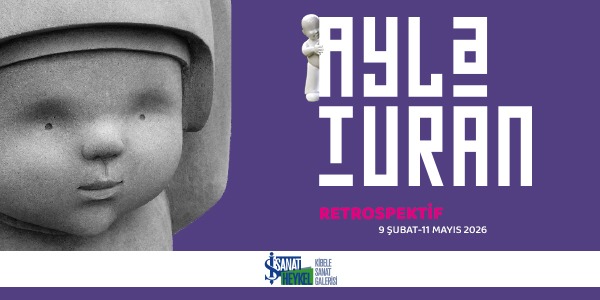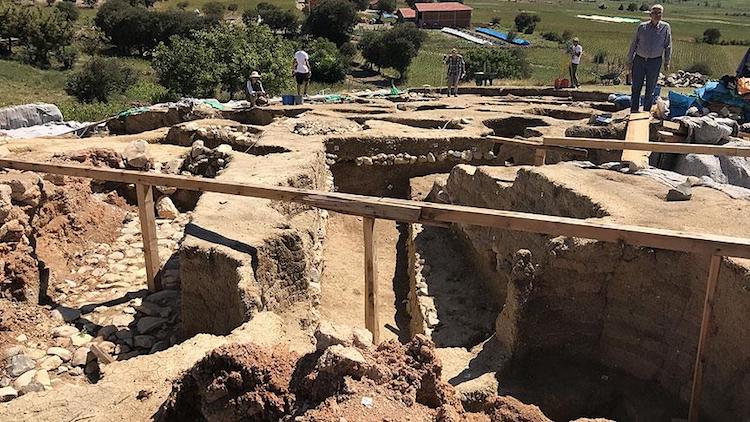The opening ceremony of the Paris Olympic Games has sparked controversy, with the Catholic Church and conservative politicians accusing it of mocking Christianity.
The debate centers around a voguing performance featuring drag queens on a long catwalk, which some interpreted as referencing Leonardo da Vinci’s “Last Supper” (1495). High-profile figures like Elon Musk and House Speaker Mike Johnson fueled accusations of blasphemy, which quickly spread on social media.
Critics argue that the performer wearing a star crown in the center of the catwalk represents Jesus, while the dancers around her symbolize the disciples. However, the red carpet-covered catwalk differs from Leonardo’s depiction of a table, and the number of performers does not match the 12 disciples. Additionally, the star crown is a symbol often associated with Mary, complicating the comparison.
Voguing, a dance style originating in New York’s queer subculture, often incorporates religious imagery and themes of ecstasy and redemption.
The Olympic performance also included references to Bacchus, the Roman god of wine, leading some to believe the reference was not actually to “The Last Supper.”
Dutch art historian Walther Schoonenberg noted a resemblance to Jan van Bijlert’s “Festival of the Gods” (1635), which depicts a feast among Roman deities. This suggests the performance aligns more with ancient mythology than with Christian traditions, even though van Bijlert was likely inspired by Leonardo’s painting.
The ceremony, directed by Thomas Jolly, featured various art allusions, including a film where the Mona Lisa is stolen by the Minions from the “Despicable Me” franchise.
At a press conference, Anne Descamp, a spokesperson for the 2024 Olympics, stated, “There was clearly never an intention to show disrespect to any religious group. On the contrary, I think we tried to celebrate community and tolerance. We believe this ambition was achieved. If people have taken any offense, we’re of course really sorry.”
Jolly, in an interview with a CNN affiliate, said “The Last Supper” did not inspire the sequence. Instead, he aimed to create “a big pagan party in link with the God of Mount Olympus — and you will never find in me, or in my work, any desire of mocking anyone.”










